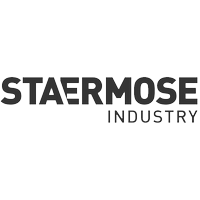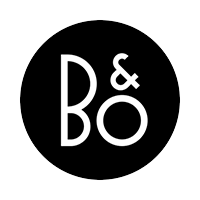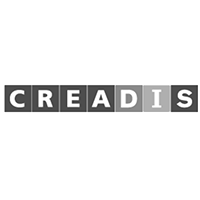Does that sound familiar to you? Have you ever looked at a resume and been so impressed with what you saw that you forgot to pay attention to other important factors in the recruitment process such as behavior? Most business owners, managers, CEOs and HR professionals will have experienced this at some point in their career. What in some cases may happen in a situation like that is that you end of hiring a perfectly matched set of skills only to realize that you should have assessed the candidate’s behavior as well. We often tend to hire a skill set and fire behaviors which can be costly for the company.
So how do you avoid that?
Of course, you can never be 100% sure that you are hiring the best fit for your company, but there are some things you can do in the interview process to get the odds to work in your favor:
- Structure your interviews
- Define success factors for the job you are hiring for – what behaviors are necessary to excel in the position?
- Ask candidates to provide examples of events in the past where they demonstrated some of the behaviors that you are looking for. E.g. if you are looking for a team player, ask them to give an example of a situation where they worked in a team to accomplish their goal. How did they interact with the other team members? Who became the leader of the group? What role did the candidate have in the group? How did they succeed as a team?
- Ask candidates questions about how they would solve a hypothetical problem/react in a hypothetical situation that you describe for them. Again, ask a lot of open questions: how, why, who, where, what.
- Incorporate a behavior test to your interview process. At SlaterConsult we use e-stimate® and highly recommend it.
- Verify the answers to the behavioral questions when you call the candidate’s references.
Behaviors are tough to predict, but if you spend some time determining what behaviors are important to succeed in the specific role, carefully design questions to measure the behaviors, incorporate a test tool in your process and verify the answers in your reference check you should be well on your way!
More Insights
Get Started
We are a team of experienced and dedicated recruiters ready to support your company’s recruitment needs. We bring 25+ years of experience from large, global engineering corporations to the table. We have a rock-solid understanding of what it takes to recruit the best candidates for your company.
How We Support
Hiring is baked into running a business. We will recruit, assess, and onboard top-tier talent.
Training and workshops that emphasize team building, individual training and coaching.



























